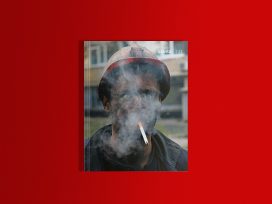
No escape
Glänta 1/2023
On aesthetics, power and conflict: how war makes art seem useless while kindling one’s longing to escape; on a natural disaster made worse by despotism; reflections on the hidden state; mercenaries.

On aesthetics, power and conflict: how war makes art seem useless while kindling one’s longing to escape; on a natural disaster made worse by despotism; reflections on the hidden state; mercenaries.
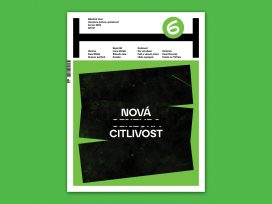
Perspectives on cancel culture: much ado about nothing or the coddling of the Czech mind? Also: Children’s literature without children – why the ‘child reader’ does not exist.
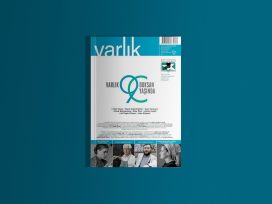
A Turkish literary institution turns 90: reflections on Varlık’s evolution and achievements, as well as notable omissions. Also: On the country’s loss of intellectual moorings under Erdoğan and why culture depends on ‘the suspension of power’.
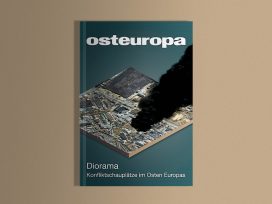
What the destruction of the Kakhovka Dam means for water supplies, agriculture and industry in south-east Ukraine. Also: Azerbaijan’s ethnic cleansing in Nagorno-Karabakh; and a profile of imprisoned Russian oppositionist Vladimir Kara-Murza.
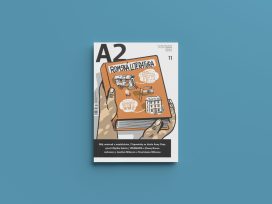
New writing by Czech Roma authors: different takes on the story-telling tradition; memories of growing up as a Roma after ’89; mainstreaming Roma writing and the decline of the Romani language.

How to stop disillusioned health professionals leaving the sector; and why health budgets must shift from treatment to prevention. Also: a black book of Assad; and America’s comeback as global good guy.
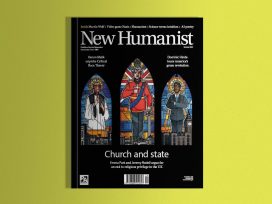
Turing off the tap for the Church of England: why state support for English Anglicanism belongs to the past. Also: Kenan Malik on the flaws of critical race theory.
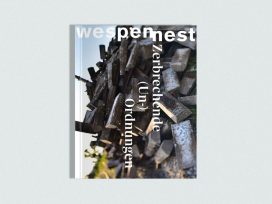
On the Zeitenwende and other departures from familiar (dis)orders: post-pandemic neoliberalism, authoritarian reaction and solidarist solutions; in defence of etiquette; death cults in southern Italy; calendrical chaos; gender and ageing.
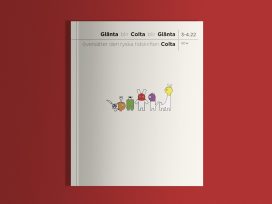
Glänta translates selected articles from Colta.ru 2010–2022: including false predictions on the eve of Putin’s third term; despair after annexation; observations on the cult of victory; and attempts to think Russia’s future now.

On inequality and the Left: why coalition politics favours social democratic solutions; how a left revival hinges on inclusive growth; and whether the root problem may not be inequality but the weak state.
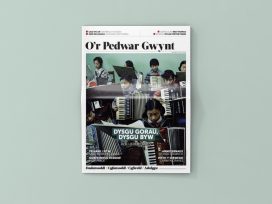
The rewilding controversy: challenging the restorative myth without ignoring agriculture’s environmental record. Also: history and sex education in the new Welsh school syllabus.
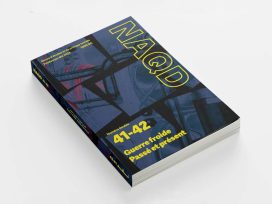
Beyond spheres of influence: Cold War histories across four continents, including the bloc confrontation’s origins in Iran and the persistence of anti-communism in Brazil. Also: future scenarios for the Sino-American conflict.
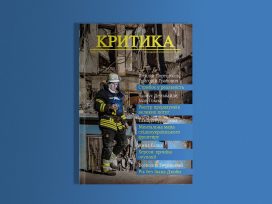
An invasion in the making: why Russia’s intentions were apparent back in 1991. Also: the Kremlin’s military and political miscalculations – why bigger is not better; and resistance in Kherson – how the city survived despite everything.
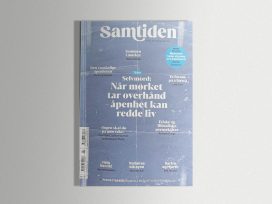
Changing attitudes to suicide in Norway: how suicide was redefined by the media as a matter of public interest; why lowering the taboo is saving men’s lives; and a brief history of the ethics of suicide, from Plato to feminism.
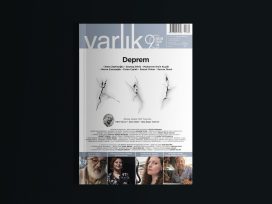
Turkish writers address questions, aesthetic and political, raised by the catastrophe: Is art appropriate amidst the suffering – or even possible? Did some think the patriarch would protect them? Will lessons be learned for Istanbul, likely site of the next apocalypse?
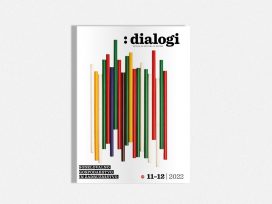
How individuals and communities can become autonomous co-creators of their lives: on practices of participatory economics, from cooperative housing to agricultural and credit cooperatives and joint musical creation.